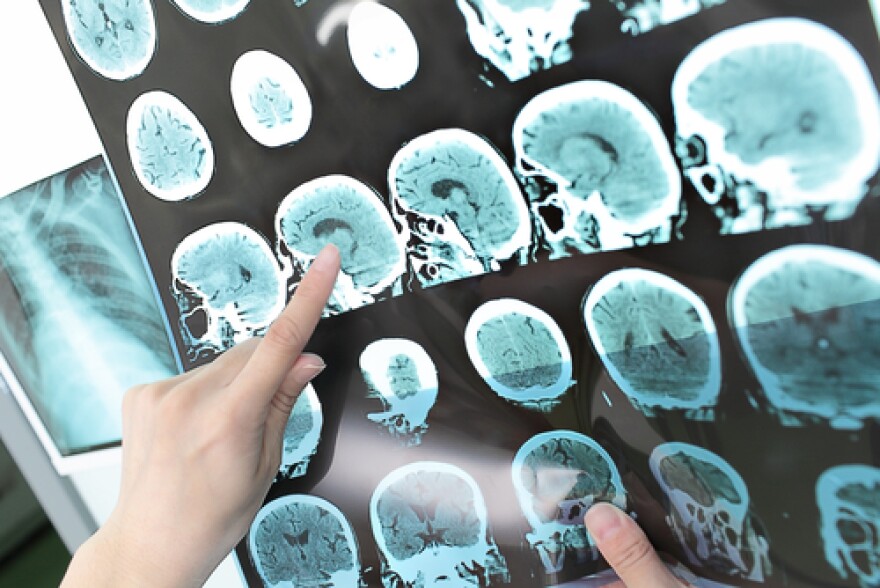On average, every four minutes someone dies of a stroke.
Strokes are also the leading cause of long-term disability in the U.S. But technological and medical advances can help diagnose a stroke early. And early diagnosis and treatment for strokes can mean the difference between life and death.
On Monday’s Google Hangout we spoke with experts from Baylor Scott & White Health about how telemedicine is helping with stroke diagnosis.
Telemedicine is making waves in Texas. The technology is connecting rural clinics to specialists who aren’t able to spend time outside of Dallas-Fort Worth. Telestroke, or stroke telemedicine, is one approach to treating stroke patients as fast as possible, and Baylor Health Care System is embracing the model.
So, how’s it work?
Watch our Google Hangout to find out. Guests: Dr. Dion Graybeal, stroke specialist based at Baylor University Medical Center; Dr. Les Porter, stroke rehab specialist at Baylor Institute for Rehabilitation; and Dr. Timothy Jones, Medical Director of Emergency Department at Baylor Fort Worth.
This video from Baylor further explains how they’re using telemedicine to bring stroke specialists to patients.
According to The American Stoke Association, strokes are the fourth leading cause of death in the U.S. and account for over 137,000 deaths annually.
Signs Of Stroke
The American Stroke Association recommends F.A.S.T. as an acronym to remember the sudden signs of stroke:
- Face drooping
- Arm weakness
- Speech difficulty
- Time to call 9-1-1






